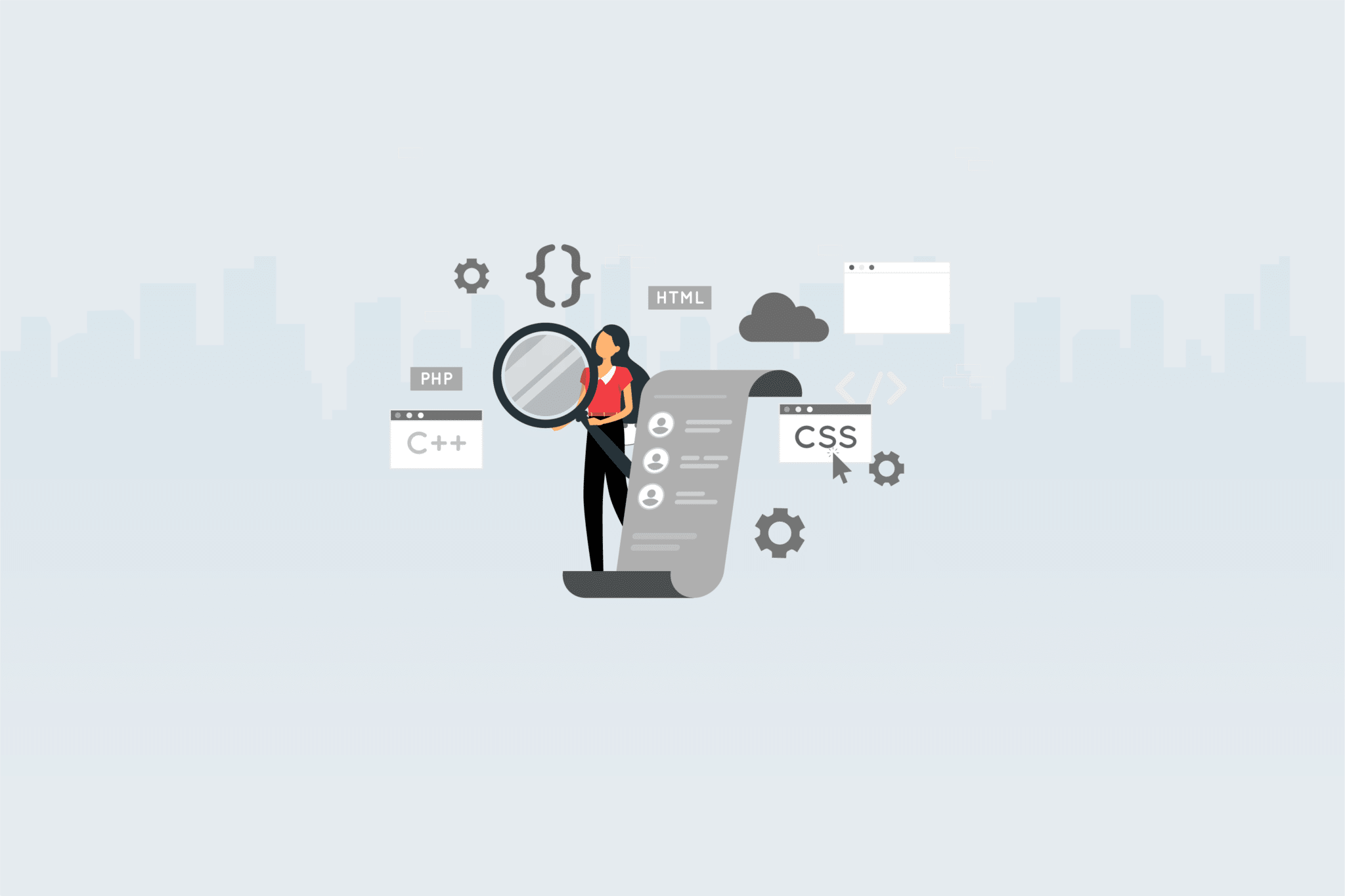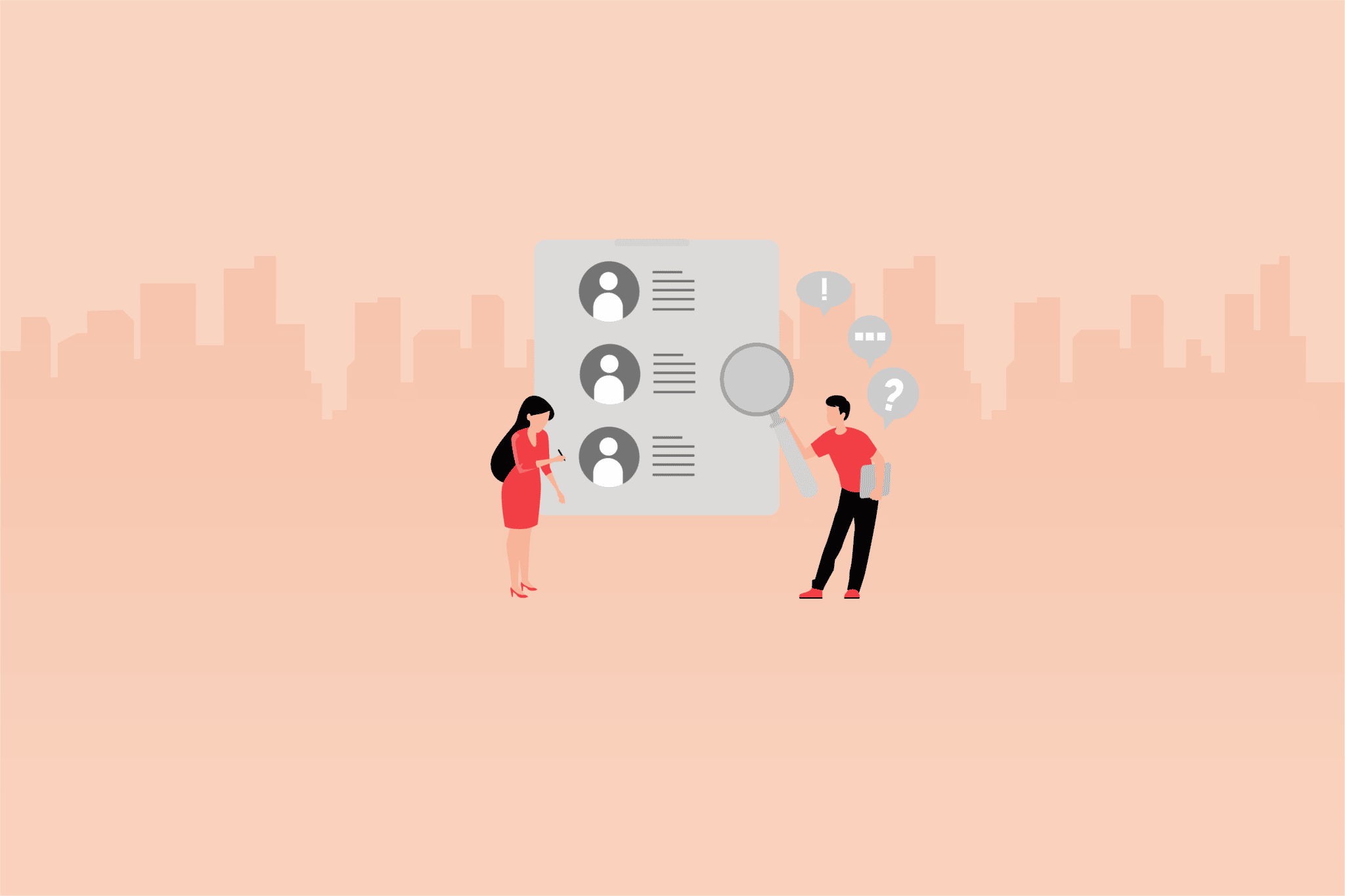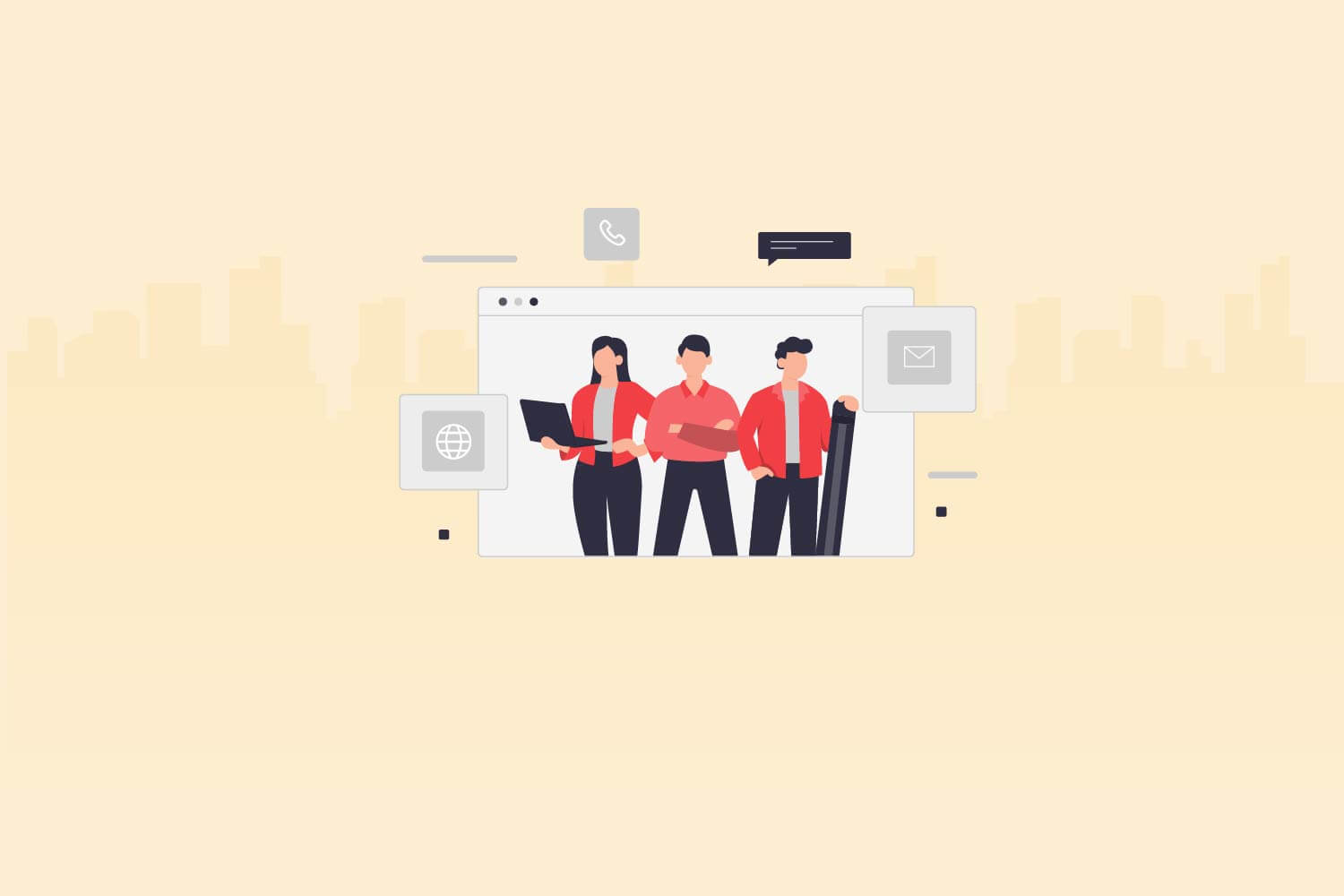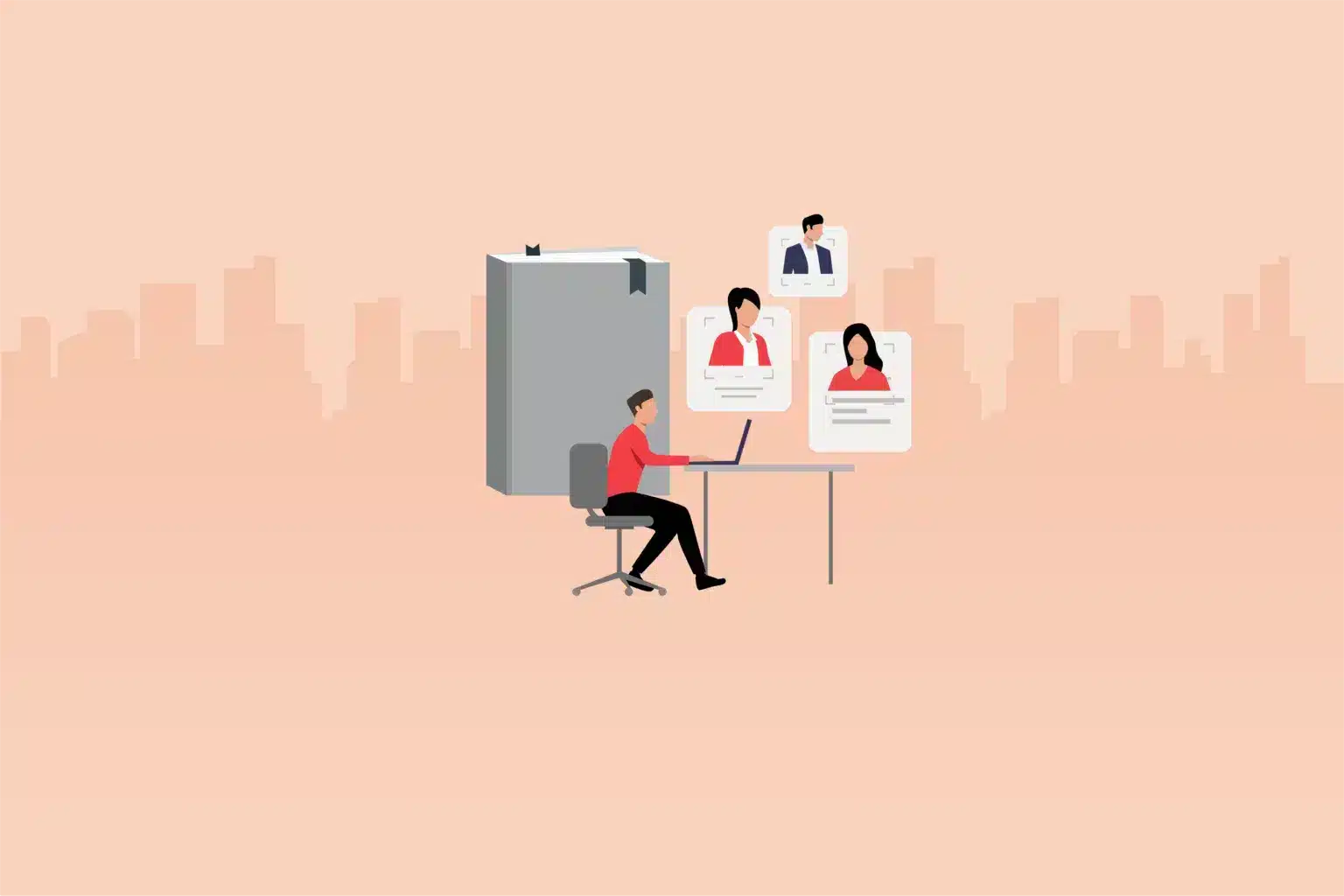Embracing AI in remote candidate screening marks a leap towards bias-free hiring. With 43% of HR professionals acknowledging AI’s role in reducing biases (according to LinkedIn), this technology is pivotal in shaping a diverse and skilled workforce. This guide explores how AI can streamline your screening process, ensuring fairness and efficiency while tapping into a broader talent pool. Let’s dive into harnessing AI for a more inclusive recruitment journey.
Understanding AI in remote candidate screening
In today’s fast-paced world, hiring the right talent is crucial for any business, and this is where AI steps in, especially in remote candidate screening. Imagine AI as a smart assistant that can quickly sift through hundreds of applications, picking out the most relevant ones. This process is much faster than traditional methods and doesn’t get tired or biased.
AI in recruitment isn’t about replacing humans but enhancing their abilities. It uses algorithms to analyze resumes, focusing on skills and experiences, rather than personal details like name or location, which can lead to bias. This way, each candidate gets a fair chance, based solely on their qualifications.
Moreover, AI can also conduct initial interviews using chatbots. These bots ask all candidates the same set of questions, ensuring a uniform and unbiased screening process. This level of consistency is hard to achieve manually.
In essence, AI transforms candidate screening into a more efficient, unbiased, and fair process. It’s like having a tireless, impartial helper that ensures the best candidates stand out, regardless of who they are or where they come from. This is the future of recruitment – more inclusive, fair, and efficient.
Key features of AI for bias-free screening
When we talk about using AI for bias-free candidate screening, it’s like having a high-tech filter for finding the best talent. This technology comes packed with features designed to make hiring not just smarter, but fairer too.
Firstly, there’s automated resume parsing. This means AI can read and understand resumes just like a human, but much faster and without any unconscious biases. It scans for relevant skills and experiences, ensuring that each candidate is evaluated based on their actual qualifications, not on factors like their name or where they come from.
Then, AI steps into the interview process with AI-powered skill assessments. These are like virtual tests where candidates can showcase their abilities in real-time scenarios. The beauty of this is that it’s all about how well they perform tasks related to the job, not about how they look or speak.
The AI doesn’t stop there. It can also conduct initial interviews using sophisticated algorithms. These digital interviews ask the same questions to every applicant, making sure everyone is treated equally. It’s a game-changer in ensuring the fair and unbiased screening process.
In short, AI brings a level of fairness and efficiency to candidate screening that was previously hard to achieve. It’s not just about finding the right person for the job; it’s about giving everyone a fair chance to be that person.
Ensuring fairness: AI algorithms and bias mitigation
When it comes to candidate screening, fairness is key, and AI algorithms play a crucial role in this. Think of AI as a chef, and algorithms as recipes. Just like a chef can tweak recipes for better results, AI algorithms can be adjusted to make candidate screening more fair and unbiased.
One of the main steps in ensuring fairness is training AI with diverse data sets. This means feeding the AI system a wide variety of resumes and profiles from different backgrounds. The more diverse the data, the better the AI becomes at understanding and valuing different experiences and skills, without leaning towards any particular group.
But, it’s not a one-time job. Regular audits and updates are crucial to prevent bias from creeping back in. It’s like a regular health check-up for the AI system to ensure it’s working as intended. These checks help identify any unfair patterns or biases that might have sneaked in, so they can be corrected.
In essence, to make candidate screening fair and unbiased, AI needs continuous learning and monitoring. By doing this, businesses can be confident that their AI systems are not only efficient but also equitable. It’s about using technology not just to simplify processes, but to enhance fairness and equality in recruitment.
Integrating AI with human insight
Balancing technology with a human touch is crucial in candidate screening. While AI brings speed and efficiency, human insight adds understanding and empathy. It’s like using a smart machine to do the heavy lifting while relying on human wisdom for the fine tuning.
AI in recruitment does a great job at sorting through resumes and conducting initial assessments. It’s like a first filter that ensures only the most suitable candidates make it through. This saves a lot of time and effort, as recruiters don’t have to go through every single application.
But, AI isn’t perfect. It might miss out on nuances that a human recruiter can catch. That’s where human decision-making comes in. Recruiters can review the AI’s shortlist, bring in their experience and intuition, and make sure no deserving candidate is overlooked. It’s about combining the best of both worlds – the efficiency of AI with the discernment of humans.
The importance of human oversight in AI recruitment can’t be overstated. It ensures that the final hiring decisions are not just based on data and algorithms, but also on human understanding and judgment. This blend of AI and human insight is what makes the candidate screening process not just smarter, but also more compassionate and fair.
Case studies and success stories
When we talk about using AI in candidate screening, real-world examples speak volumes. These case studies and success stories showcase how AI transforms the hiring process, making it not only more efficient but also more equitable.
Take, for instance, a tech company that struggled with a large volume of applications. By implementing AI for initial resume screening, they managed to reduce the screening time by 50% while increasing the diversity of their hires. The AI system was able to identify qualified candidates from a range of backgrounds, which might have been overlooked in a manual process.
Another success story comes from a healthcare organization. They used AI-powered skill assessments to evaluate candidates for specialized roles. This not only ensured a high level of skill proficiency among the hires but also eliminated unconscious biases that could arise from traditional interviewing methods.
These cases highlight the power of AI in making candidate screening more efficient and fair. They demonstrate how AI can help organizations reach a wider talent pool, assess skills more accurately, and make unbiased hiring decisions. In essence, these stories are a testament to the potential of AI in revolutionizing the recruitment landscape, making it more inclusive and effective.
Conclusion
In conclusion, AI-driven remote candidate screening is a game-changer for modern recruitment. It not only mitigates biases but also saves time and resources. As we wrap up, remember that embracing AI is not just a trend; it’s a strategic move towards building a diverse and talented workforce. By harnessing the power of AI, you can ensure fair and effective hiring processes that benefit both your organization and candidates.
Integrate Testlify in your hiring process and embrace the power of AI and talent acquisition inside one remote candidate assessment tool. Sign up with Testlify now and check out the vast test library.







